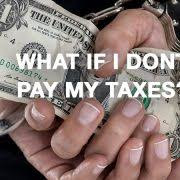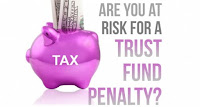Crypto investors who desire to hanging on to their coins through the ups and downs of the market’s dramatic gyrations. The wash sale may help crypto investors with tax loss benefits.
The wash sale rule prohibits selling securities at a loss and reacquiring them within 30 days. A wash sale occurs when you sell or trade securities at a loss and then buy them or substantially identical securities within 30 days before or after the sale. Some investors attempt to use wash sales to realize a loss and maximize their tax deductions. The wash sale rule does not currently apply to crypto.
The wash sale rule is a regulation set by the Internal Revenue Service that prevents a taxpayer from deducting losses relating to a wash sale. By having this regulation in place, taxpayers are not able to claim artificial losses by trading in and out of a stock to offset capital gains or income. If a taxpayer chooses to repurchase the same or similar security within 30 days, they can add the loss to the cost basis of the security they repurchased. When the new stock is later sold, any capital gains taxes would still be lower.
The wash sale rule currently only applies to assets classified as stocks or securities and other financial instruments that are traded on organized exchanges.
Cryptocurrency is Classified as Property by the IRS and
is Currently Not Subject to the Wash Sale Rule.
An investor in a virtual currency can sell their position to lock in a capital loss and immediately repurchase the currency without losing exposure to the cryptocurrency.
Now with Cryptocurrency values declining, it would be advantageous for investors to recognize their current losses and then purchase the same investments if they are still desired investments.
There are exceptions. While the wash-sale rule does not apply to the sales, trade, or purchase of digital currencies such as Bitcoin and Litecoin, cryptocurrency investors should know that it does apply to crypto assets such as synthetic versions of stocks and securities. The IRS and SEC may also consider initial coin offerings (ICOs) to be securities, so the wash-sale rule would apply if such a ruling applies.
Have an IRS Tax Problem?
Marini & Associates, P.A.
for a FREE Tax HELP Contact us at:
www.TaxAid.com or www.OVDPLaw.com
or Toll Free at 888 8TAXAID (888-882-9243)
Read more at: Tax Times blog













